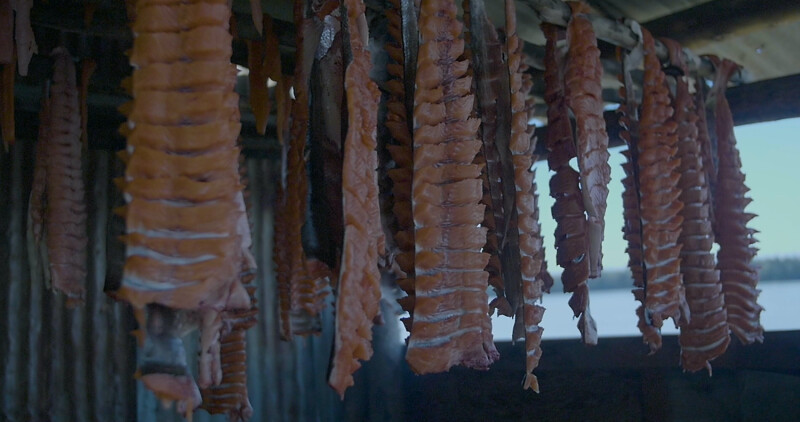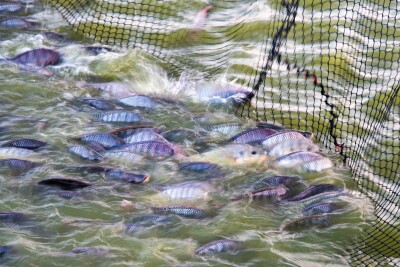An Alaska Superior Court judge threw out a lawsuit alleging that state Department of Fish and Game has mismanaged king and chub salmon on the Yukon and Kuskokwim rivers, in violation of the state constitution requiring sustained yield.
Plaintiff Eric Forrer’s lawsuit did not challenge “any specific inseason management decision or regulation,” according to a statement from the state Department of Law following the April 13 decision by Judge Nathaniel Peters in Bethel.
In his opinion, Peters said the lawsuit was asking the court to “invalidate six decades of policy and admonish an agency based on nothing more than personal observations of one individual and scant, tenuous factual claims.”
State lawyers for the ADFG asked the judge to dismiss the case, arguing there was no evidence the agency had violated the sustained yield clause.
“The State’s inseason management, area management plans, and statewide regulations reflect the Department’s world-renowned science-based fisheries management” ADFG Commissioner Doug Vincent-Lang said in a prepared statement after the decision. “Over the last two years, the Yukon and Kuskokwim fisheries have faced historically low salmon runs and the Department has managed the fisheries to preserve the stocks in the face of this crisis.”
Forrer “claims that the reduction in salmon runs over the past six decades. as he observes them, is based on the policies and decisions of the Board and Commissioner,” the judge wrote in his opinion. “However, throughout the Complaint, Plaintiff fails to articulate any plausible causal connection between the actions of the Board and Commissioner and the reduction in salmon runs within the Yukon and Kuskokwim rivers.”
In his ruling Peters said cited the principle of courts deferring to state agencies’ expertise.”
“To begin, this Court will acknowledge we are currently sitting just a few hundred yards from the Kuskokwim river. As such, we are acutely aware of the continuing and troublesome issues connected with salmon runs, fisheries, sustainability, and subsistence in relation to the environment, natural resources, and peoples of this region and state,” wrote Peters.
But decisions by ADFG and the state Board of Fisheries are inherently political questions that should not be decided by the courts, the judge wrote: “Adherence to the separation of powers and deference to the expertise of a state agency are central tenets of our legal system.”







